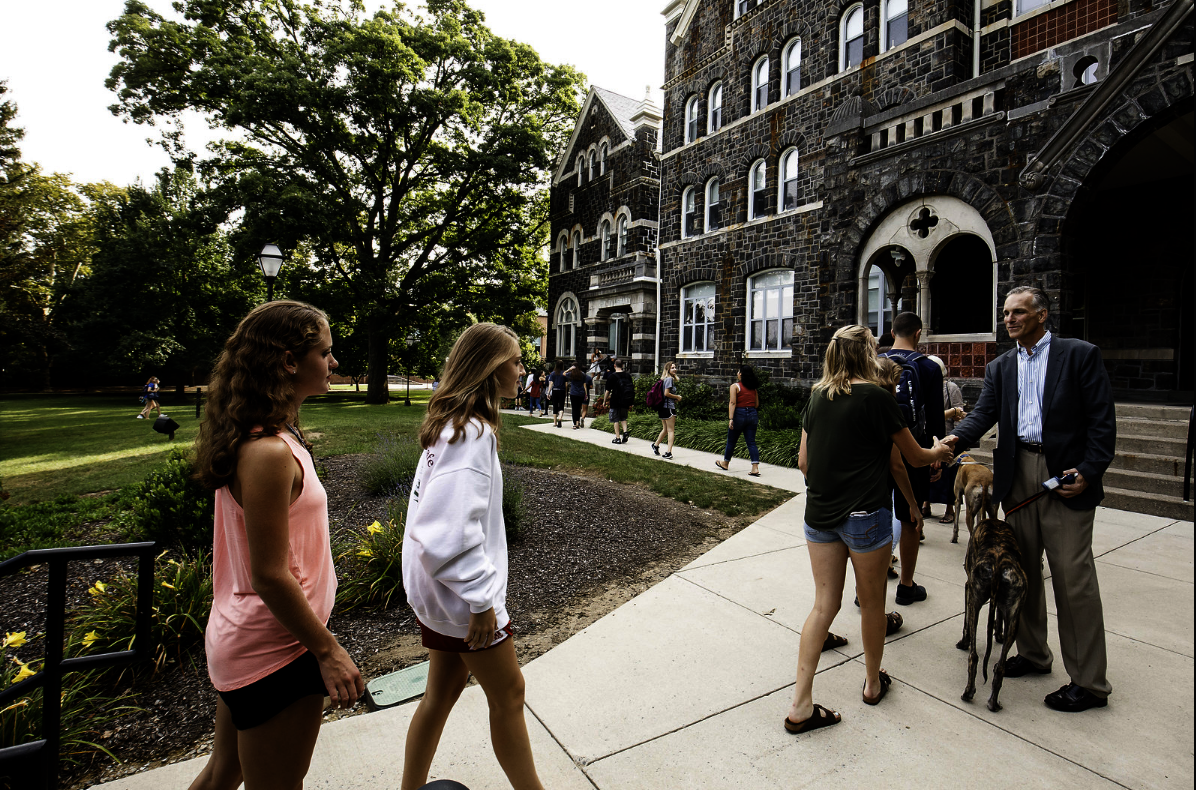Support for College Students with Depression
Going to college can act as a catalyst for the onset of depression in many young people. According to Executive Director Courtney Knowles of The JED Foundation, the average age of onset for many mental health conditions is the typical college age range of 18 to 24 years old. “Students deal with a unique amount of stressors,” Knowles said. Leaving the support system of friends and family, an unstructured schedule, increased academic pressures, substance use, non-nutritious eating and erratic sleeping habits all increase the risk of depression occurring in college students.
You are certainly not the only one who is experiencing depression. About one-third of U.S. college students had difficulty functioning in the last 12 months due to depression, and almost half said they felt overwhelming anxiety in the last year, according to the 2013 National College Health Assessment, which examined data from 125,000 students from more than 150 colleges and universities.
There are many tools and techniques to use against depression. One might attempt to tweak their diet, sleep, physical activities, and most importantly interpersonal relationships. However, taking action by connecting with the right professional services is one of the most critical tasks.
If You Are in Crisis: Call the toll-free National Suicide Prevention Lifeline at 1-800-273-TALK (8255) or text START to the Crisis Text Line at 741-741, available 24 hours a day, 7 days a week. The service is available to anyone. All communications are confidential.
If you are on Moravian's campus and need help:
- call the Counseling Center at 610-861-1510
- call Campus Police at 610-861-1583.
- speak with the campus Chaplain at 610-861-1421
Signs and Symptoms of Depression
Depression isn’t easy to spot. Students may be withdrawn or apathetic, others may be aggressive or self-destructive, and others may appear to be “fine”. Here are some warning signs that a person may be depressed:
- Persistently sad, anxious, irritable or empty mood
- Loss of interest in previously enjoyable activities
- Withdrawal from friends and family
- Trouble sleeping or sleeping too much
- Fatigue and decreased energy
- Significant change in appetite and/or weight
- Overreaction to criticisms
- Feeling unable to meet expectations
- Difficulty concentrating, remembering details, and making decisions
- Feelings of worthlessness, hopelessness or guilt
- Persistent physical symptoms such as headaches, digestive problems or chronic pain that do not respond to routine treatment
- Substance abuse problems
- Thoughts of suicide or suicide attempts
Getting help on campus
If you’re experiencing many of these signs and symptoms and it’s impairing your ability to function as a college student, we suggest you:
- Talk to friends and family about it.
- Discuss the impact of your depression with the Director of Accessibility Services (610-861-1401 or aasc@moravian.edu). You may be eligible for accommodations in your classroom, housing, or for programs and events at Moravian.
- Go to the college counseling office, see a psychiatrist, seek out support groups on campus
- Try integrating these non-clinical holistic skills that can help:
- Exercise
- Yoga
- Meditation
- Mindfulness
- Better Nutrition

